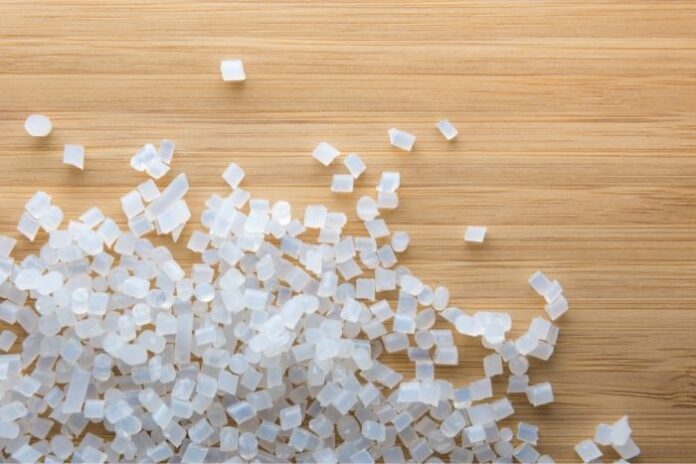Science has allowed breakthroughs in the possibilities of what we can do with our resources. For instance, we have discovered that we can create what’s known as bioplastic using the same production process we already use for traditional plastics. Bioplastic is essentially a plastic made entirely of biodegradable materials instead of traditional petroleum-based plastics, which don’t break down. Here are how bioplastics will ultimately save the world someday if we utilize these materials properly.
Reduce Petroleum Dependence
Nature gives us a lot, but we can continue enjoying its benefits only if we do our best to protect it. One massive benefit of not using petroleum to create plastics—and therefore eliminating the harmful processes used to extract the petroleum—is that we’ll be able to continue enjoying our planet. In short, by creating sustainable bioplastic that will eventually give back to the environment, we won’t have to rely on the Earth’s limited resources to supply our plastic products.
We’ve already started the process of incorporating bioplastics into certain items—mostly food-related products that keep things as organic as possible. This will serve the planet well if we continue to push for what’s best for the environment and for humanity.
Improve Carbon Footprint
A bioproduct that comes from petroleum processing is carbon, which billows into the atmosphere and accelerates global warming. This isn’t a problem with bioplastics because minimal processing happens during its production, which reduces the amount of these greenhouse gases released into the air.
Creating biofriendly plastics to use in products such as marine water tank systems will keep the air and water safe—when these plastics break down, they can be replaced easily and sustainably, and they’ll just become a part of the environment.
Give Back to the Environment
We have a chance to act responsibly and give back to the Earth. Even if you throw bioplastic products in the trash, you’ll still technically be recycling, as they’ll break down into essential elements that the Earth can use to replenish itself. Over time, this will ease pollution globally. However, if you choose to take the more responsible track by recycling your bioplastic as intended, it will expedite the recycling process so that it can be reused again, which ultimately slows down the process of creating more plastics. This is a huge leap in ecological preservation.
If we do things the right way instead of continuing to head in the direction we are now, bioplastics can help us save the world someday.
















